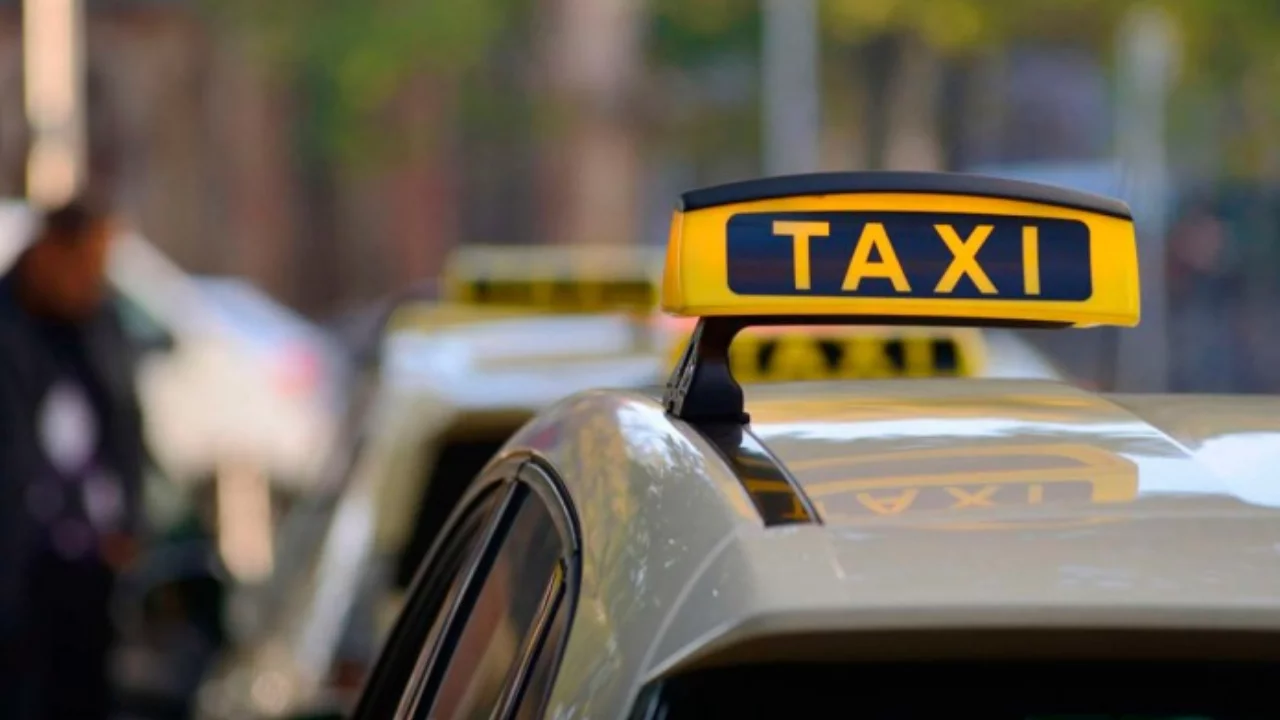Is a taxi license an obstacle to civil liberties?

While making our lives easier, the new taxi license could infringe on civil rights — such opinions are growing. On June 13, Transport Minister Ilhom Makhkamov held a closed-door meeting with journalists to explain the new rules, adopted two years ago. He emphasized that taxi drivers must operate only in the territory specified in the license (according to the region code of the license plate) and the associated boundaries. However, the new rules are gaining momentum, as they contradict the rights of citizens to freely choose their place of work and place of residence enshrined in the Uzbek Constitution.
Makhkamov stressed that the current practice in some areas has been “misinterpreted” and that the information circulating on social networks is completely inconsistent. For example, he explained that a license is issued only to a person who works in that region, and that drivers can determine the region in which they want to work and it will be indicated on the license. However, it was noted that Article 14 of the Law states that the license area is determined on the basis of the state license plate codes assigned to the vehicle, which is clearly not intended - this should be taken into account.
Thus, the deep discrepancy between the law and its previous interpretation and the system that is not designed for everyone - this is sharply criticized by the general public and civil rights activists. The Democratic Party of the People's Democratic Party of Uzbekistan (NDPU), on the other hand, considers these restrictions unconstitutional and demands that the government and parliament repeal them.
Temporary license: a border stretching from the forehead?
In practice, with the entry into force of the new rule:
- A driver living in Tashkent but with a civil address in Samarkand will have to renew his license for 5.5 million soums to close it;
- Regional drivers who have obtained a license for Tashkent can continue their activities until the end of the year, but then they will fall into isolation;
- Activity outside the region may result in license revocation and administrative liability.
For example, did you know that in Tashkent, about 23 thousand regional drivers will have their licenses revoked? According to Yandex Go, most of them will be deprived of their activities.
Consequences
As a result:
- The number of taxis will decrease, which will lead to an increase in prices;
- The waiting time for a car will increase - which will complicate the daily movement of citizens;
- Regional drivers will be forced to continue working unofficially, on the "black market";
- There is a possibility of increased liability for improper activity.
Economists emphasize that this action not only restricts the labor market, but is also a direct violation of the constitution. They suggest resolving the problem through the courts as soon as possible.
Final Thought
This restriction, introduced without experience, not fully explained, and in a word, called "a system that is against free labor," has demonstrated the need for a more responsible review of issues related to citizens' rights. Only through a fair, transparent, and humane approach can unnecessary obstacles and problems be eliminated. Read “Zamin” on Telegram!
Ctrl
Enter
Found a mistake?
Select the phrase and press Ctrl+Enter 













